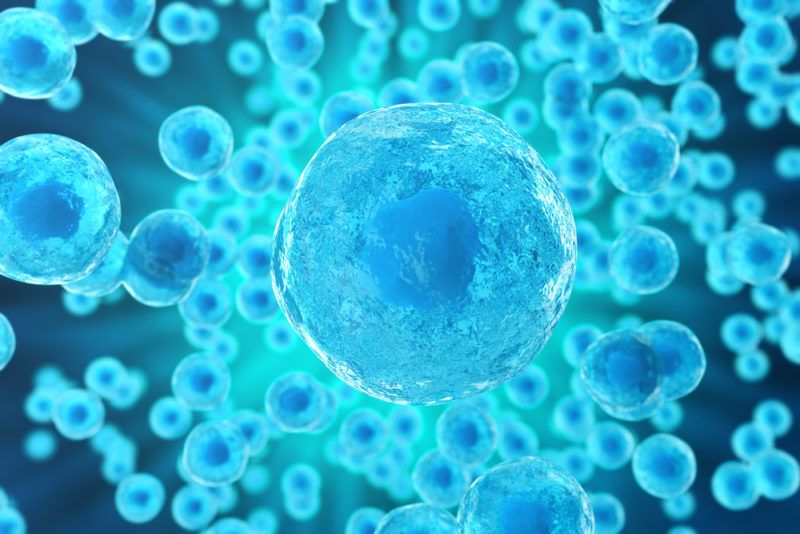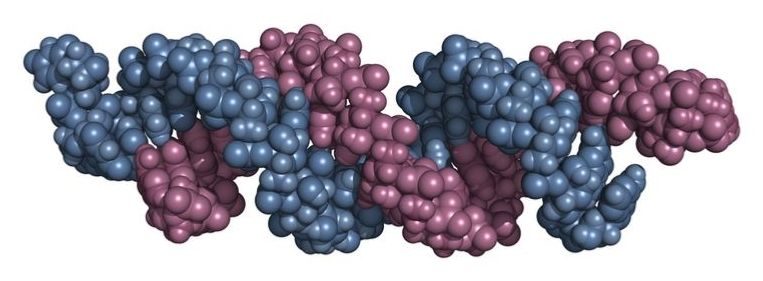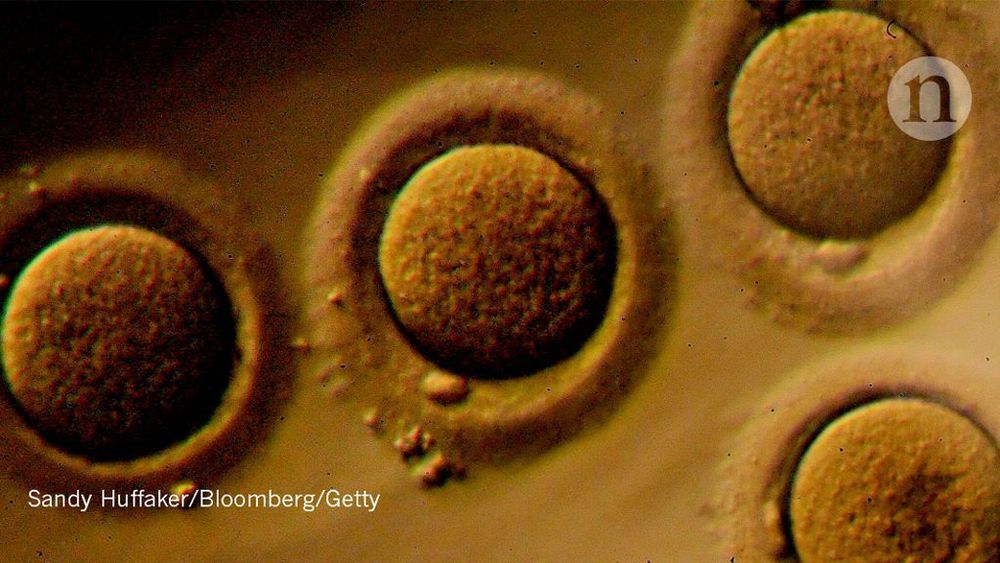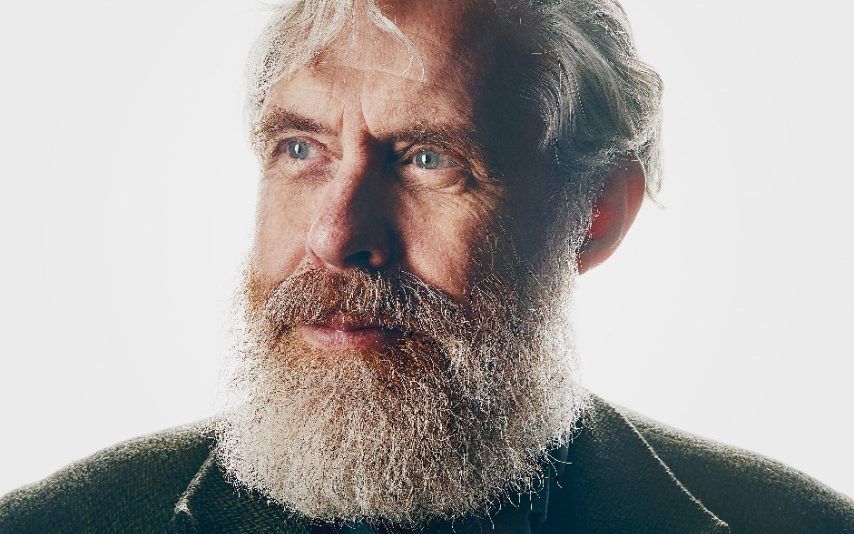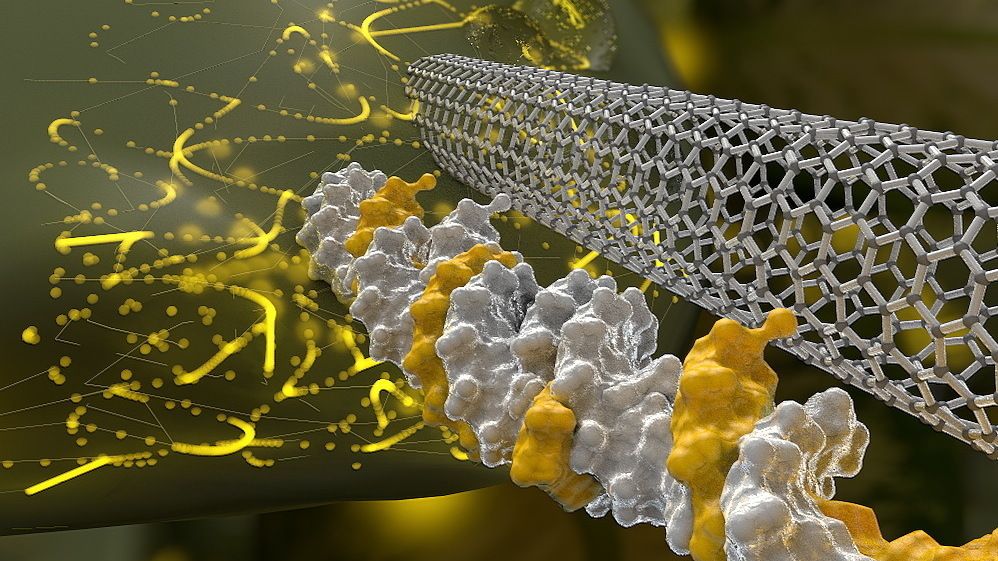Earlier this year, we hosted the Ending Age-Related Diseases 2018 conference at the Cooper Union, New York City. This conference was designed to bring together the best in the aging research and biotech investment worlds and saw a range of industry experts sharing their insights.
Joe Betts Lacroix of Y Combinator and Vium discusses the different ways in which entrepreneurs can focus on overcoming the diseases of aging, namely direct, indirect, and money-first approaches, and the strengths and weakness of each.
Joe was the primary technical founder of hardware/software startup OQO, which entered the Guinness Book of World Records for building the smallest fully featured PC. His experience spans from biotech research to electronics design. Very experienced in invention, prosecution and monetization of intellectual property, he has over 80 patents granted and pending in fields ranging from biophysics and safety systems to antennas, thermal systems, user interfaces, and analog electronics. He has written numerous peer-reviewed publications in fields such as biophysics, genetics, electronics, and robotics. Joe holds a Harvard A.B., an MIT S.M. and a Caltech research fellowship.
